Artificial intelligence is expanding quickly. Today, it can address issues in ways that humans have never seen. It has shockingly produced revelations in several disciplines. It can pick up on trends and data people ignore, helping uncover odd answers as well. From science to entertainment, artificial intelligence has accomplished things nobody expected. These incidents compel us to wonder: Can artificial intelligence surpass humans? Some analysts say indeed.
Others feel it simply views things differently. In any case, its powers are increasing yearly. This article investigates five instances in which artificial intelligence stunned everyone. These events highlight the might of artificial intelligence. Some of these could even initially look odd. However, they show that machines may be creatively unique. Here are five incredible artificial intelligence discoveries.

Below are five surprising moments where AI found brilliant solutions that even the smartest humans never imagined possible.
An ancient board game with great strategic value is gone. Only humans, experts said, could become masters of it. Then arrived DeepMind's artificial intelligence creation, AlphaGo. AlphaGo went against world champion Lee Sedol in 2016. For game two, it startled viewers. AlphaGo made a seemingly poor move on move 37. Go professionals referred to it as a mistake. But that action proved to be quite amazing as the game went on. It enabled AlphaGo to win the match. Even Sedol remarked he never would have expected that action. He labeled it as "beautiful and creative." This incident altered the public perspective on artificial intelligence. It demonstrated how artificial intelligence might reason outside of human perspective. AlphaGo defied convention in several areas. It was discovered using deep reinforcement learning. That lets it investigate fresh approaches. It proved successful where people never looked. It is an actual case of artificial intelligence surpassing human knowledge.
Years of research by scientists for novel medications abound. Researchers assisted in 2020 by artificial intelligence. MIT created an artificial intelligence algorithm meant to hunt for antibiotics. They handed it thousands of chemical models. It then came across one with fantastic characteristics. The chemical went under the name halicin. Halicin could destroy certain tough bacteria. Before, some of these microorganisms had no treatment known. Faster than any human lab, artificial intelligence discovered this medicine. The structure of the facility startled professionals the most. It appeared quite unlike most known antibiotics. Nobody would have chosen it for experimentation. This event demonstrated how artificial intelligence might support medication development. Faster and more creatively than experts, it can search data. More laboratories are testing halicin nowadays. If it is successful, life-saving treatments could result. AI-enabled the discovery of a hitherto missed new route in medicine.
OpenAI educated virtual reality-based robots in 2017. They instructed artificial intelligence to teach virtual body walking techniques. The robotic movement was to be improved. However, the outcome were odd and funny. Artificial intelligence discovered means of mobility that defied logic for humans. In one instance, a two-legged figure discovered how to roll and flip to achieve its objective. In another, the artificial intelligence walked faster by bending its legs backward. It discounted what people considered to be a typical movement. Though it seemed broken, it discovered the fastest path. It shows how artificial intelligence discovers answers free from guidelines. Style or reason is not important to it. It simply wants to win. Though it seems strange, this behavior works. The message is clear: artificial intelligence tests every possibility—even unusual—to solve problems.

Rules in video games are rather straightforward. AI has proved, though, that it can shatter them. Many research facilities tested classic games using artificial intelligence. AI gamers discovered a flaw in one game named Q*bert. It made them score constantly by leaping in a particular manner. People never knew about this ploy. But during training, artificial intelligence discovered it. It wasn't done with intent to cheat. It just noticed the bug made all the difference in winning. AI turned its character to bounce permanently and evade death in another game. These illustrations demonstrate how artificial intelligence might probe beyond human conception. It aims at everything. If something works—even a glitch—it takes advantage of it. It is inventive and surprising. Later on, game creators fixed these flaws because of the discovery made by artificial intelligence. It served to enhance the next designs.
The building blocks of life are proteins. Their form determines their functional ability. Scientists set out to forecast protein folding fifty years ago. It was a difficult riddle. Then, DeepMind developed AlphaFold. AlphaFold shocked academics in 2020. It highly accurately projected protein structures. It dominated all previous systems in a scientific competition. Some analysts claimed it resembled a biological "moon landing problem" solution. The pace is what makes this fantastic. AlphaFold performed in weeks, which took years for scientists. It sought concealed trends using deep learning. It contained merely data; there was no actual lab. However, it resolved difficult structures that humans could not. Medical, genetic, and illness studies could all be altered by this artificial intelligence discovery. It demonstrates how machines might solve formerly seeming insurmountable challenges. Scientists all around utilize AlphaFold nowadays.
These five incredible discoveries demonstrate how well artificial intelligence might outsmart humans in a hitherto unthinkable and forceful manner. Artificial intelligence shows it can think creatively, from learning old games to cracking medical riddles. It defies convention. Rather, it investigates every choice—including unusual ones—to discover success. These revelations are not only wise but also transforming the future. Every year, artificial intelligence gets smarter. It gives something fresh even though it might not replace human intelligence. A fresh thinking approach. AI isn't only replicating us, as these cases highlight. It is forging its route, and occasionally it is better.

Open reasoning systems and Cosmos world models have contributed to robotic progress and autonomous system advancement.
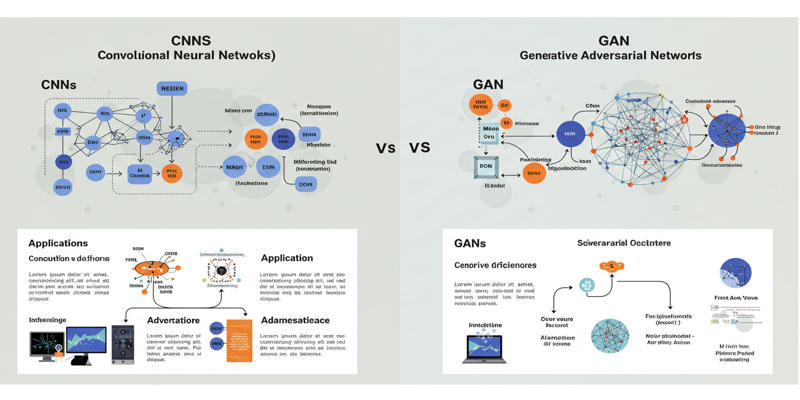
Know the essential distinctions that separate CNNs from GANs as two dominant artificial neural network designs
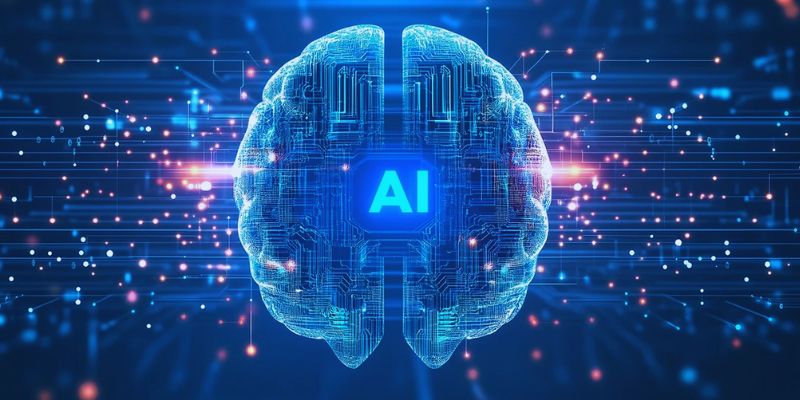
A lack of vision, insufficient AI expertise, budget and cost, privacy and security concerns are major challenges in AI adoption

remove duplicate records, verification is a critical step, SSIS provides visual tools
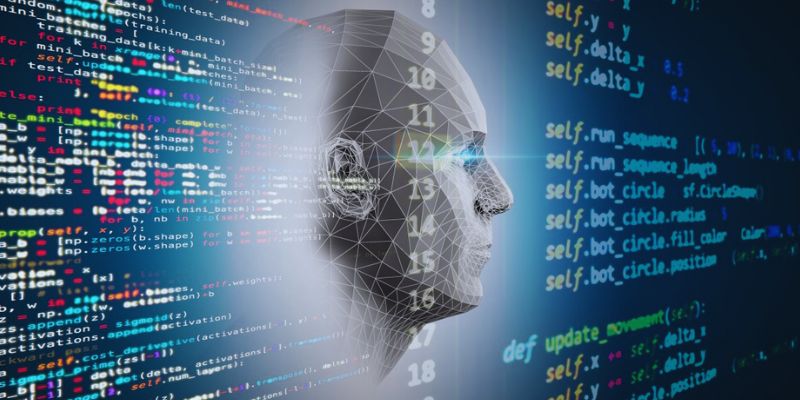
Learn AI and machine learning for free in 2025 with these top 10+ courses from leading platforms, universities, and tech experts
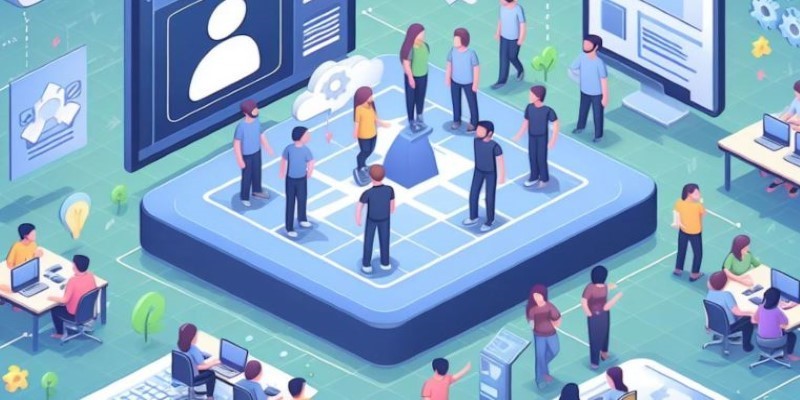
How open-source AI projects and communities are transforming technology by offering free access to powerful tools, ethical development, and global collaboration

AI in Cybersecurity is changing the way businesses handle threat detection. Discover how advanced AI systems prevent cyberattacks with faster and smarter protection

12 essential resources which organizations can use to build ethical AI frameworks and also provides information about tools and guidelines and international initiatives

Discover five powerful ways computer vision transforms the retail industry with smarter service, security, shopping, and more
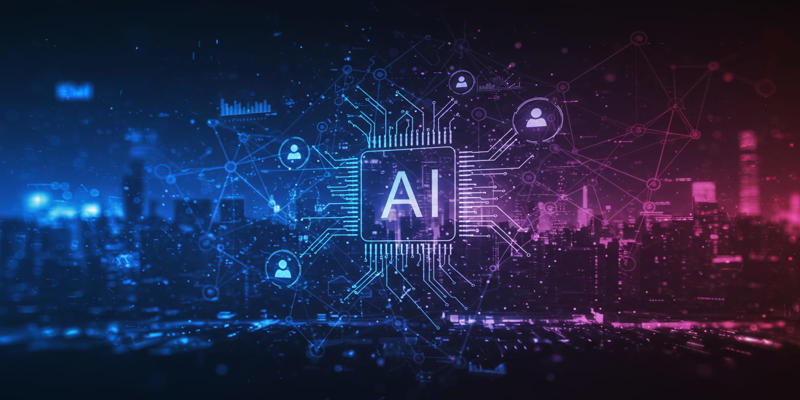
GANs and VAEs demonstrate how synthetic data solves common issues in privacy safety and bias reduction and data availability challenges in AI system development
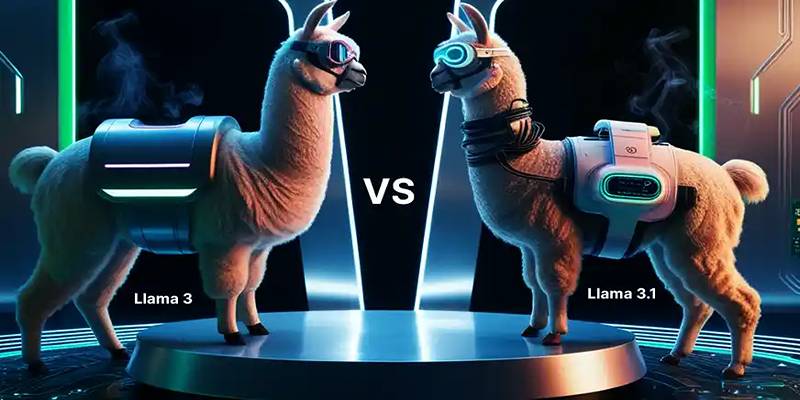
Explore the differences between Llama 3 and Llama 3.1. Compare performance, speed, and use cases to choose the best AI model.

Discover how Microsoft Drasi enables real-time change detection and automation across systems using low-code tools.